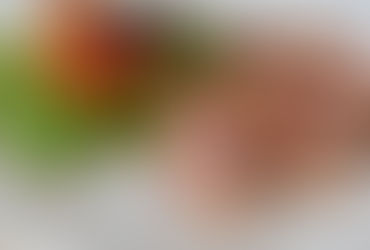Popularization of science?
- Fernanda Ramos
- 26 de jun. de 2017
- 2 min de leitura
Or, a brief explanation about where we came from and where we are going!
Science is everywhere, from the simplest to the most complex thing! And the scientific knowledge enables us to understand , through the scientific method, how life, creatures and a lot of things work. It also shows how innovations in science and technology improve our daily life.
However, It being an academic field fomented the detachment between specialized knowledge and the society, whom would be the most beneficiary from the results of the studies. In this sense, disclosure and popularization of science emerged.
So where do we come from?
It may seem something new, but the term "scientific popularization" arose in the early XIX Century in France, although it was widespread with the denomination "vulgarization of science."
Some authors suggest that one of the first movements in scientific popularization was the publications of Galileo Galilei in Italian language and not in the traditional Latin language, and this was a big advance in accessibility to the scientific content produced by him at the time.

Thanks, Galilei!
In Brazil this movement emerged in the 1960s, predominantly as scientific disclosure, which is different from scientific popularization.
Scientific disclosure can create a connection between science and society, reporting, in simple words, the impact of it on people's daily lives.
On the other hand, popularization intends recoding, in some way, scientific knowledge, giving accessibility to it, considering the culture and the symbolic universe of the recipient.
These actions can be observed, for example, in Brazil, in some of the TV programs from Futura TV® and Cultura TV®, or in "Ciência do Absurdo" on the National Geographic®, in websites as "O cérebro nosso de cada dia" of the neuroscientist Suzana Herculano-Houzel, in magazines like Galileu® and Superinteressante®, and even when you read Et Al :p
Eureka Parque de la Ciencia (Argentina), InfocienciaNet (Spain), Atlas of Mars (NASA) (USA) and How Stuff Works (USA) are examples from other actions around the world.
And where are we going??
The main focus of these initiative is mainly on museums and science centers and in areas as humanities and technology.
The movement in health sciences is not so common nor well spreaded. And that is what we intend to do here:
To share scientific knowledge of health for everyone! And, finally, bring updated information about this awesome field!
References
Rede-POP. Popularização Científica. Disponível em: <http://www.redepop.com>.
Germano MG, Kulesza WA. Popularização da ciência: uma revisão conceitual. Cad Bras Ens Fís. 2007; 24 (1), p 7-25
Ciência Hoje. Divulgação científica: para quem e por quem?. Disponível em:< http://www.cienciahoje.org.br/noticia/v/ler/id/2551/n/divulgacao_cientifica:_para_quem_e_por_quem>.
Associação Brasileira de Centros e Museus de Ciência. Disponível em: <http://www.abcmc.org.br/>










Comentários